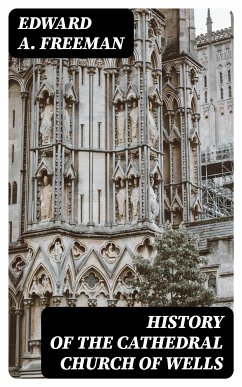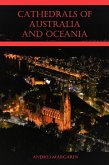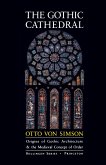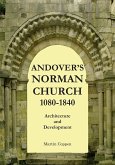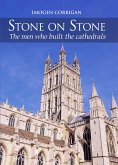In "History of the Cathedral Church of Wells," Edward A. Freeman intricately chronicles the architectural, religious, and sociopolitical evolution of one of England's most significant ecclesiastical structures. The narrative blends meticulous historical research with a lyrical prose style that reflects the grandeur of the Cathedral itself. Freeman's work is situated within the Victorian era's burgeoning interest in Gothic architecture and medieval history, serving as both a scholarly treatise and a celebration of the Cathedral's enduring legacy. He delves into the myriad influences that shaped the church, from its early foundations to its modern-day significance, harmonizing historical facts with evocative descriptions. Edward A. Freeman, a prominent 19th-century historian and advocate for the importance of a united historical narrative, imbues his writings with a sense of place and purpose. His scholarly background, bolstered by an interest in ecclesiastical history and the social climate of his time, provides a rich context for understanding the intricate relationship between religion and architecture. Freeman's insights on the interplay between historical continuity and change allow readers to appreciate not only the Cathedral's past but its role in shaping community identity. "History of the Cathedral Church of Wells" is recommended for anyone with an interest in architectural history, religious studies, or the medieval period. Freeman's thorough research, enhanced by his poetic sensibility, renders this volume both informative and engaging, inviting readers to experience the timeless beauty and historical weight of Wells Cathedral.
Dieser Download kann aus rechtlichen Gründen nur mit Rechnungsadresse in A, B, BG, CY, CZ, D, DK, EW, E, FIN, F, GR, H, IRL, I, LT, L, LR, M, NL, PL, P, R, S, SLO, SK ausgeliefert werden.

